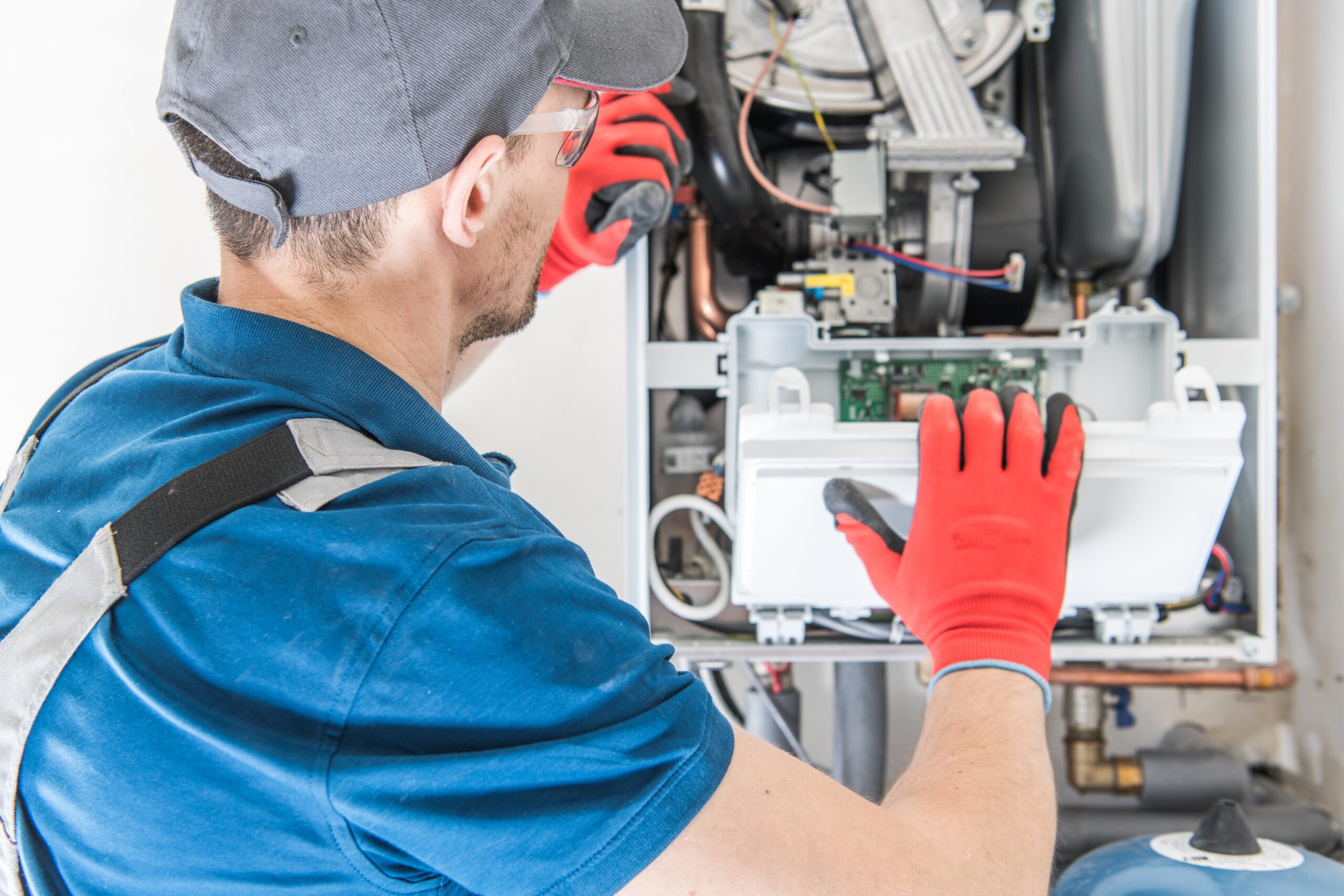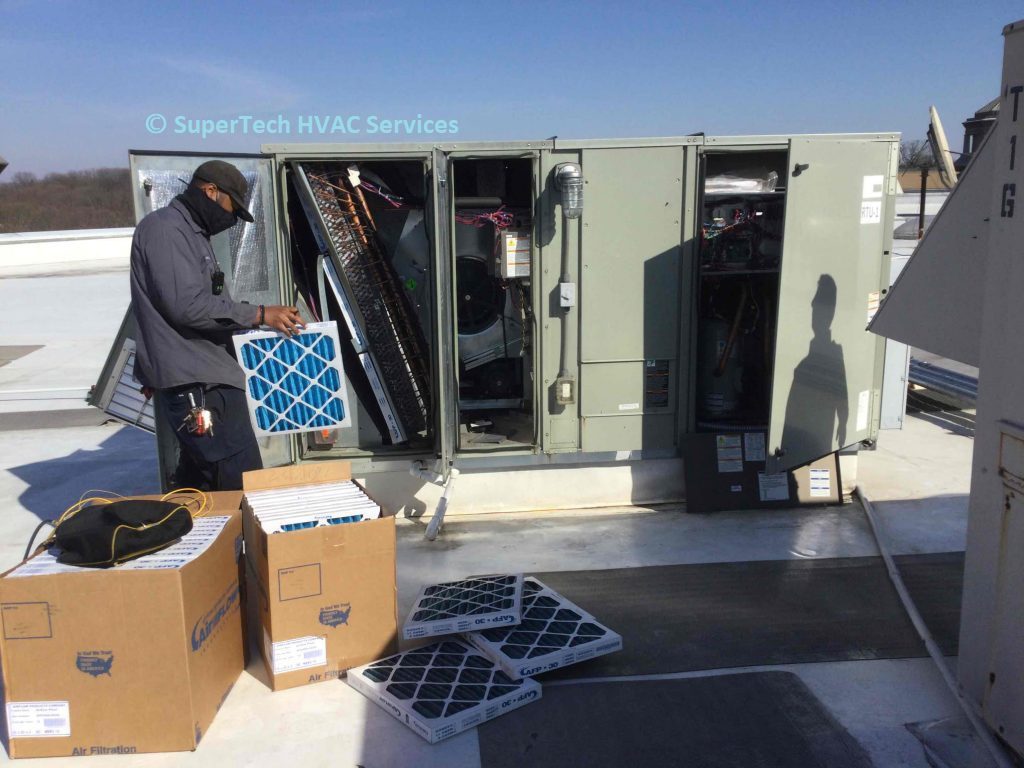Top 5 Things to Consider Before Your furnace replacement
Top 5 Things to Consider Before Your furnace replacement
Blog Article
Selecting In Between a Heatpump and Heater: Trick Considerations for Your A/c Needs
When evaluating heating alternatives for a/c requires, the choice in between a heat pump and a heater can be complicated. Each system provides distinctive advantages customized to certain climates and power effectiveness goals. Comprehending these differences is necessary for making an educated selection. Key variables such as installment prices and ecological effect better make complex the selection process. Which choice genuinely lines up with one's comfort and sustainability choices? The complying with sections will discover these factors to consider in detail.
Recognizing Heat Pumps: Exactly How They Function and Their Advantages
While many house owners consider numerous home heating alternatives, understanding just how warm pumps feature and their benefits can substantially affect their choice. Heatpump operate by transferring warm rather than creating it. In the wintertime, they draw out warmth from the outside air or ground and transfer it inside, while in the summertime, they reverse this procedure, cooling down the home by eliminating warmth outside. This dual functionality makes them flexible for year-round climate control.One of the key advantages of warmth pumps is their power efficiency. They utilize substantially less electricity compared to traditional furnace, possibly causing reduced energy bills (heat pump installation ooltewah tn). Furthermore, warmth pumps have a smaller carbon footprint, making them an eco friendly option. They likewise need less upkeep than standard systems, adding to long-lasting price savings. In general, recognizing the mechanics and benefits of heatpump can aid homeowners make educated choices concerning their home heating and cooling requirements
Discovering Furnaces: Kinds, Procedure, and Benefits
Furnaces can be found in numerous kinds, consisting of gas, electrical, and oil versions, each with unique functional mechanisms. Understanding these distinctions is crucial, as they affect performance and home heating efficiency. In addition, heaters use countless advantages, such as regular warm output and integrity in colder climates.
Types of Heating systems
Heating unit can differ considerably in design and operation, with furnaces being a popular choice among property owners. There are a number of kinds of furnaces, each utilizing various gas resources and innovations. Gas heaters prevail, leveraging gas to generate warm effectively. Electric heaters, on the other hand, utilize electric resistance to produce warmth, usually preferred for their uncomplicated installment. Oil heaters, while less usual, work in locations with limited gas gain access to (furnace replacement). In addition, condensing heaters maximize energy effectiveness by reusing and recording exhaust gases. Each kind operates through a system of heat exchangers and ductwork to distribute cozy air throughout a home. Understanding the differences in between these heating system kinds is important for informed cooling and heating choices
Advantages of Heating systems
For home owners seeking reputable warmth during cold months, the benefits of heaters are considerable. Heaters offer consistent heating, guaranteeing also temperature levels throughout the home. They are particularly efficient in extreme chilly, usually surpassing heatpump in frigid conditions. Numerous kinds, consisting of gas, electrical, and oil furnaces, use adaptability to meet diverse needs and preferences.Furnaces additionally often tend to have lower first installment costs compared to heatpump, making them a much more easily accessible alternative for lots of. Their durable design adds to a longer life-span, with numerous units lasting over 15 years with proper upkeep. In addition, modern-day heating systems are frequently equipped with sophisticated modern technology for enhanced effectiveness, which can cause lowered energy expenses. Overall, heating systems continue to be a dependable selection for efficient home heating.

Power Efficiency: Contrasting Warmth Pumps and Furnaces
When comparing power performance in between warm pumps and heaters, the Seasonal Energy Efficiency Proportion (SEER) plays a vital role in establishing performance. Additionally, an operational expense evaluation exposes the lasting economic implications of each system. Understanding these aspects can lead house owners in making educated choices concerning their heating solutions.
Seasonal Energy Performance Ratio
Power performance plays an essential duty in the decision-making process between warmth pumps and heating systems, specifically when thinking about the Seasonal Power Effectiveness Proportion (SEER) This statistics actions the cooling effectiveness of heatpump over an entire cooling period, giving a standardized method to evaluate efficiency. Higher SEER rankings show better energy effectiveness, equating to reduced energy intake and lowered utility costs. On the other hand, heating systems are normally assessed making use of the Yearly Fuel Application Efficiency (AFUE) score, which shows home heating effectiveness. When contrasting these 2 systems, property owners need to focus on SEER scores for heatpump, as they directly influence overall energy savings and environmental sustainability. A detailed understanding of SEER can especially influence the long-lasting contentment and cost-effectiveness of the chosen heating and cooling service.
Operational Expense Analysis
Understanding the functional prices related to heatpump and heaters is vital for house owners evaluating their choices. Warm pumps generally offer greater energy performance, converting electrical energy right into warm with very little waste. This results in reduced regular monthly energy expenses, specifically in moderate environments. Conversely, traditional furnaces, especially gas models, may have reduced ahead of time expenses but can sustain higher operational costs gradually because of fuel prices and performance ratings.Moreover, heat pumps can function as both home heating and cooling down systems, possibly minimizing the requirement for separate heating and cooling devices. While initial financial investments for heatpump might be greater, their long-lasting financial savings in power performance can make them an extra cost-efficient choice for many houses. Careful analysis of neighborhood power rates is vital to determine the most effective alternative.
Installation Costs: What to Anticipate for every Heater
Installment expenses for heater can vary significantly between warmth pumps and heaters, affecting homeowners' decisions. Heatpump typically have greater upfront setup costs, usually varying from $3,500 to $8,000, depending upon the system dimension and complexity of installation. This consists of the exterior unit, interior handling system, and necessary ductwork alterations. Alternatively, heaters have a tendency to click here now have lower initial expenses, balancing in between $2,500 and $6,000, which can be appealing for budget-conscious house owners. Nevertheless, installment costs can boost if considerable ductwork is required.Moreover, the selection of gas type for heaters-- all-natural gas, gas, or electric-- can additionally impact installation prices. While warmth pumps supply energy effectiveness, their preliminary financial investment may prevent some purchasers. Inevitably, examining setup costs together with long-lasting financial savings and effectiveness will aid house owners in making informed decisions concerning their furnace.
Climate Considerations: Which System Does Better in Your Location
Just how do climate conditions affect the efficiency of heater? The performance of heat pumps and furnaces can vary significantly depending upon the neighborhood environment. In moderate environments, heatpump excel by successfully transferring warmth from the outdoors air, making them an energy-saving option. Nevertheless, their performance lessens in extremely cold temperatures, where they might have a hard time to remove sufficient warmth. On the other hand, heaters, particularly gas models, offer trusted and consistent warmth despite outdoor conditions, making them more suitable in cooler regions.In locations that experience read the full info here milder winter seasons, warm pumps can operate properly year-round, providing both home heating and air conditioning. On the other hand, areas with severe winter seasons usually take advantage of the robustness of heating systems. Ultimately, understanding the local climate is vital when deciding between a heatpump and a heater, as it directly affects their functional effectiveness and overall performance.
Maintenance Requirements: Long-Term Take Care Of Heat Pumps vs. Furnaces
While both warmth pumps and furnaces need regular maintenance to ensure peak efficiency, their specific needs and treatment routines differ significantly. Furnaces commonly need less constant interest, with yearly inspections sufficing to examine for gas leaks, clean filters, and examine general performance. Their less complex style frequently permits uncomplicated repairs.In contrast, warm pumps demand biannual upkeep as a result of their twin function in heating & cooling. This includes cleaning coils, checking cooling agent degrees, and making sure that both the indoor and outside systems work at their ideal. Furthermore, heatpump upkeep commonly includes more complex components, making expert servicing essential.Neglecting upkeep can bring about decreased performance and increased power expenses for both systems. Ultimately, house owners need to think about these long-lasting treatment demands when selecting between a warm pump and a furnace, as positive maintenance can extend the life expectancy and performance of either system substantially.
Ecological Effect: Choosing a Sustainable Heating Choice
The ecological impact of heater is a critical examination for homeowners looking for lasting alternatives. Heatpump are normally extra energy-efficient than conventional heaters, as they transfer heat instead of create it, substantially decreasing carbon discharges. By making use of renewable resource sources, such as geothermal or air-source warmth pumps, property owners can better minimize their eco-friendly footprint.On the various other hand, natural gas furnaces send out greenhouse gases and add to air pollution, though they often give higher heat result. Nonetheless, developments in innovation have actually resulted in the growth of high-efficiency heating systems that lessen emissions.Ultimately, picking a furnace involves evaluating effectiveness against environmental effect. Home owners are urged to assess regional power resources and motivations for eco-friendly systems, making sure an option that straightens with both personal comfort and ecological responsibility. The choice impacts not only prompt comfort yet additionally long-term sustainability and environmental health.
Frequently Asked Concerns
How Much Time Do Warm Pumps and Furnaces Normally Last?
The lifespan of warmth pumps generally ranges from 15 to 20 years, while heating systems can last in between 15 to three decades. Normal upkeep significantly impacts their longevity and effectiveness in supplying heating options.
Can I Make Use Of a Heat Pump in Extremely Cold Climates?
Heat pumps can run in extremely cool environments, yet their effectiveness reduces as temperatures drop. In such problems, extra home heating sources may be necessary to maintain comfy indoor temperatures and ensure peak efficiency.

What Is the Sound Degree of Warmth Pumps Versus Furnaces?
The sound degrees of warm pumps and furnaces differ significantly. Normally, warm pumps operate even more silently than standard furnaces, making them more suitable for those sensitive to seem, while furnaces might create louder functional sounds throughout home heating cycles.
Are Warmth Pumps Suitable for Both Heating & Cooling?
Heatpump are undoubtedly ideal for both heating & cooling (heat pump service). They operate by moving heat, giving effective temperature level control year-round, making them a versatile selection for house owners seeking an all-in-one heating and cooling service
What Size Heating Unit Do I Need for My Home?
Determining the suitable size heating unit for a home needs examining elements such as square video footage, insulation high quality, local climate, and the home's format. Consulting a professional can guarantee an exact evaluation and ideal comfort. Warmth pumps normally offer higher energy performance, converting electrical energy into heat with marginal waste. In moderate climates, warmth pumps excel by efficiently transferring warm from the outdoors air, making them an energy-saving alternative. Conversely, heating systems, specifically gas versions, offer regular and reliable heat no matter of outside conditions, making them better in cooler regions.In locations that experience milder winter seasons, warmth pumps can operate successfully year-round, providing both heating and cooling. Heat pumps are usually much more energy-efficient than typical heating systems, as they transfer warmth rather than create it, considerably minimizing carbon emissions. By utilizing sustainable power sources, such as geothermal or air-source heat pumps, house owners can additionally minimize their environmental footprint.On the various other hand, natural visit this site gas heating systems send out greenhouse gases and add to air contamination, though they usually offer higher warmth outcome.
Report this page